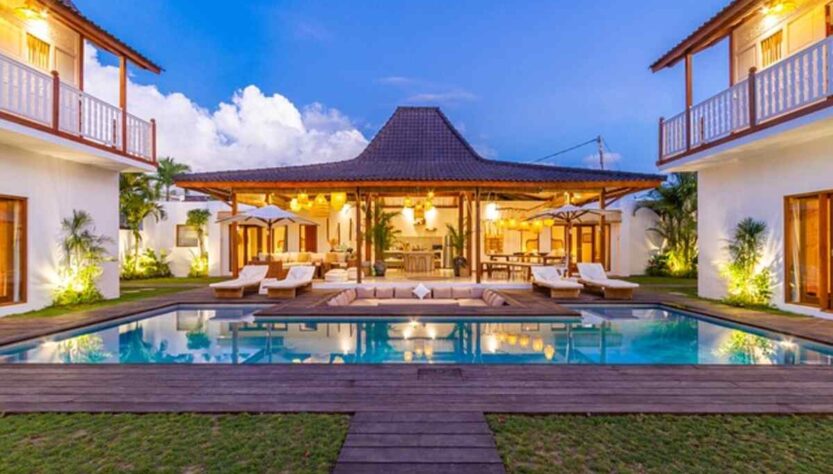Budapest, the vibrant capital of Hungary, stands at the crossroads of history and modernity, attracting a diverse array of residents and investors to its real estate market. As we look towards the future, demographic changes and emerging market trends are poised to shape the landscape of property investment and development in the city. This article explores the key factors that are expected to influence budapest’s real estate market in the coming years. Discover the best info about The future of budapest’s real estate market.
Demographic shifts are driving demand.
One of the most significant factors shaping the future of budapest’s real estate market is the demographic shift occurring within the city. An aging population, coupled with a trend of younger generations seeking urban lifestyles, is creating a dynamic demand for different types of housing.
Aging population: as in many European cities, budapest is experiencing an aging population. This demographic trend is increasing demand for smaller, more manageable properties that are accessible and equipped with amenities catering to older residents. Retirement communities and assisted living facilities are also expected to see growth.
Youth migration to urban centers: there’s a noticeable trend of young professionals and families moving to budapest in search of employment opportunities and a vibrant urban lifestyle. This influx is driving demand for modern apartments and family homes in neighborhoods that offer a balance of convenience, green spaces, and access to cultural amenities.
Market Trends Influencing Real Estate
Several market trends are emerging in response to budapest’s changing demographics, technological advancements, and evolving lifestyle preferences. These trends are not only influencing the types of properties in demand but also where development is focused.
Sustainable and green living: environmental sustainability has become a priority for many residents and developers in budapest. The demand for energy-efficient buildings, green spaces, and eco-friendly materials is shaping new developments. Properties that incorporate sustainable design principles are increasingly sought after, reflecting a broader societal shift towards environmental responsibility.
Smart home technology: The integration of smart home technology is becoming a standard expectation among buyers in Budapest. Properties equipped with smart security systems, energy management tools, and home automation features appeal to tech-savvy buyers and renters, driving developers to incorporate these technologies into new projects.
Flexible living spaces: the rise of remote work and the gig economy is changing how people use their living spaces. There’s a growing demand for homes that offer flexible living areas that can serve as offices, studios, or guest rooms. This trend is encouraging developers to create more adaptable and multifunctional spaces.
Revitalization of historic neighborhoods: Budapest’s rich architectural heritage is a key asset, and there’s a growing trend toward revitalizing historic neighborhoods. This involves renovating classic buildings to meet modern living standards while preserving their historic charm. Such projects are attracting buyers looking for unique properties that offer a sense of history and character.
Looking ahead: opportunities and challenges.
The future of budapest’s real estate market presents both opportunities and challenges. On the one hand, demographic changes and evolving market trends offer new avenues for investment and development, particularly in sustainable and intelligent housing, flexible living spaces, and the revitalization of historic properties. On the other hand, developers and investors must navigate the complexities of changing regulations, economic fluctuations, and the need for infrastructure improvements to support a growing urban population.
Conclusion
As budapest continues to evolve, its real estate market remains a dynamic and attractive arena for investors, developers, and residents alike. By staying attuned to demographic shifts and emerging market trends, stakeholders can capitalize on the opportunities presented by the city’s changing landscape. The future of budapest’s real estate market is bright, with innovation and sustainability at the forefront of its growth and development.
Read also: The Role of Financial Consultants: Guiding Businesses to Success
